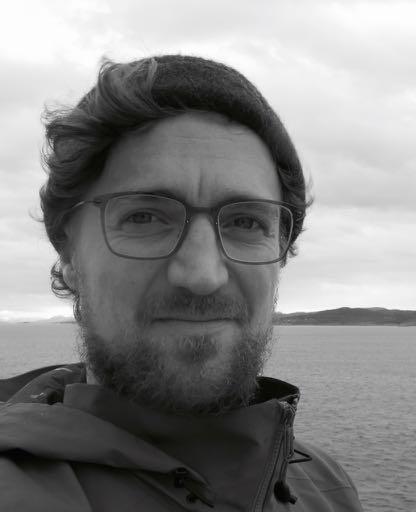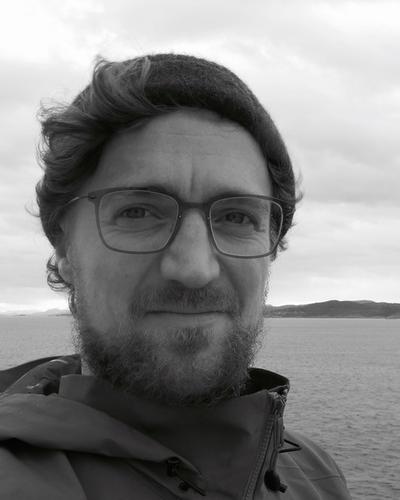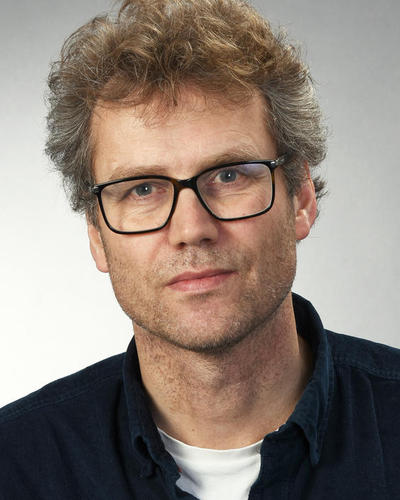Melf-Jakob Kühl: Turning Knowledge into Action under the Global Agenda 2030: the potential of implementation research
Hovedinnhold
Melf has a BA from Martin-Luther Universität Halle (Germany) and a BA from Université Paris X (France). He holds a Master in Public Policy and a Master of Laws from Victoria University of Wellington (New Zealand). Between 2010 and 2015 he worked for Germany’s official aid implementation agency in the Philippines. His work focused on governance of school health programs in Southeast Asia and Tanzania. He’s a certified adviser in organizational development and has worked as independent consultant since 2015. He joined UiB in 2016 as assistant professor at the Centre for International Health and started his PhD in early 2017. His project will be completed in early 2020.
His PhD project focuses on implementation research in the SDG-era. The first part of the project is an assessment of motivations in public schools to integrate health prevention into daily routines. Health prevention programs in schools target all children and benefit particularly the disadvantaged ones. In the Philippines, a school-based program focused on water, sanitation, hygiene, and deworming in schools (WinS) has been successfully introduced at large scale. Schools have widely assumed the responsibility to monitor this program. However, there is a need to understand better what motivated school heads and their local counterparts in the department of education to prioritize this program. With the research project in the North of the Philippines he aims to find out about the incentives and motivations of administrators and health personnel to encourage health prevention programs in schools.
Melf applies a qualitative research design to explore the motivations and incentives. In early 2018, interviews with local personnel in the education administration were conducted in Region I in the Northern Philippines. The analysis is ongoing. The results may offer new insights into the motivations and implementation dynamics of health programs by education personnel. It may be useful to inform policy design and guideline development of more sustainable health prevention programs in schools.
Child and youth mental health is increasingly seen as intersectoral challenge to public services that operate in silos. Schools can play a substantial role in early detection and management of pupils’ mental health; however, few implementation models exist to mainstream mental health in the education systems of low resources settings. Lessons learned when integrating other health aspects in school systems may help designing feasible and effective integration models for mental health in schools.
The second part of Melf's PhD project focuses on the economic evaluation of malaria prevention for vulnerable children in Malawi. This work is part or a larger GLOBVAC-funded project.



